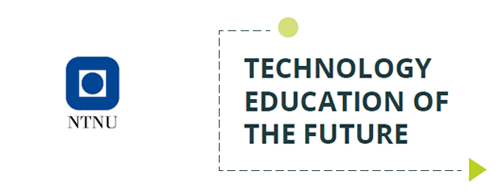Sessions
Sessions
Session 2: CDIO as an idea, a methodology for program development, and a community
Wednesday 6 January, 13:45 - 14:50
Kristina Edström, KTH, Sweden
The main idea of CDIO is to better align engineering education with professional practice and with student motivation. Why is this desirable and is it really possible to implement? The curriculum development methodology aims to integrate development of engineering skills with the acquisition of technical knowledge throughout the program. The CDIO Initiative was founded by Massachusetts Institute of Technology (MIT) and three Swedish universities (KTH Royal Institute of Technology, Chalmers and Linköping University). It is now a community that consists of more than 160 collaborating institutions. How can this community support your work?
Kristina Edström is Associate Professor in Engineering Education Development at KTH Royal Institute of Technology, and Editor-in-Chief of the European Journal of Engineering Education. She is active in educational development at KTH, in Sweden and internationally. She serves on the international CDIO Council. Her research takes a critical perspective on the why, what and how of engineering education development.
Session 4: Curriculum Agility Principles: What do we prioritize and why?
Thursday 7 January, 13:00 - 14:00
Suzanne Brink, Umeå University, Sweden
Within CDIO, seven principles of Curriculum Agility have been formulated by a collaboration of Umeå University, Leiden University, Chalmers University of Technology, Queen’s University Belfast, KTH Royal Institute of Technology, and NTNU Norwegian University of Science & Technology. They are principles aiming to make our engineering education responsive, dynamic and flexible in order to be futureproof.
In this interactive session we will reflect on what principles were on our agendas pre-Covid-19, and which were prioritized due to the necessary changes we needed to make since March 2020. Is anything important at risk of being neglected, and at what cost? Or is the culture of change, one of the principles, actually thriving now and are we presented with opportunities unattainable before?



